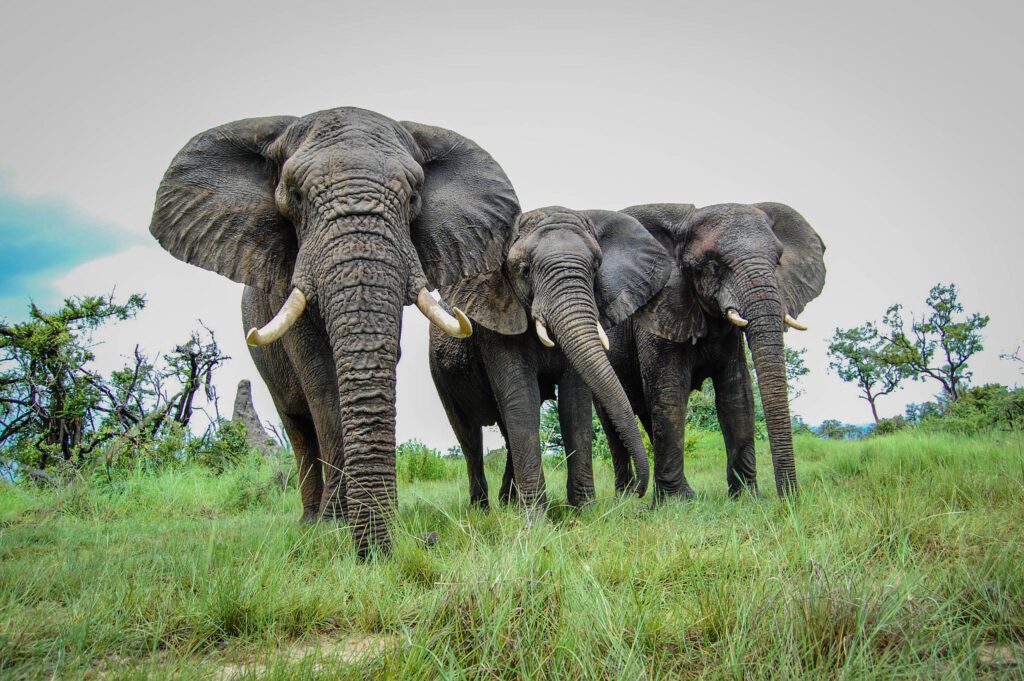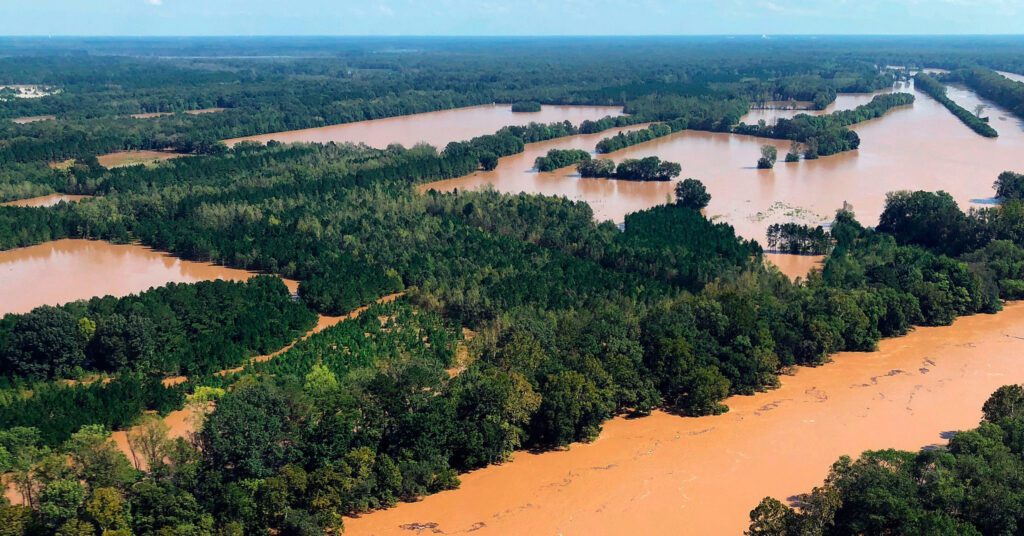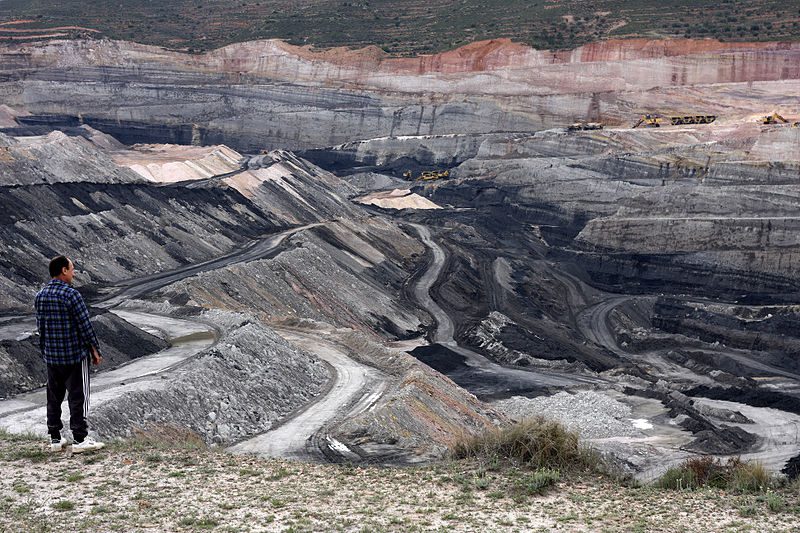
Rainforest Rescue: When people think of Botswana, they often picture majestic herds of elephants roaming free across the savanna. For years, the country has been a safe haven for Africa’s elephants. But unless we speak out, we may soon be seeing images of grinning trophy hunters posing with their kills. Elephant populations are collapsing across Africa. Yet Botswana’s government wants to “manage” its herds by lifting its ban on trophy hunting and carrying out “regular but limited culls.” The authorities even suggested that the meat of the elephants could be canned and sold as pet food.
>>>Urge Botswana’s President Mokgweetsi Masisi to keep the hunting ban in place, reject the proposed culls and step up measures to fight poaching.
PETA: A total of 350 dogs were pulled out of the 2018 Iditarod—likely because of exhaustion, illness or injury. A necropsy report for Blonde—a dog who died after being pulled from the race—revealed that his death was consistent with aspiration pneumonia, showing that he likely choked to death on his own vomit from being forced to run excessively hard, the leading cause of death for dogs who die in the Iditarod. More than 150 dogs have perished in the history of this race, not counting innumerable others who died during the off-season while kept on chains or who were killed simply because they couldn’t run fast enough.
>>>Urge The Odom Corporation to join the growing list of companies that have ended their affiliations with this death race.
Pew Charitable Trusts: The Pacific Fishery Management Council is considering authorization of one of the most damaging methods of fishing in the world: pelagic longline fishing gear. This is despite the Council’s stated commitment to reduce the injury and death of non-target marine life, commonly known as bycatch. Notorious in international waters, longline boats deploy lines that can stretch up to 60 miles with hundreds of hooks that ensnare recreationally important fish such as marlin, sharks, seabirds and a host of other marine wildlife. If pelagic longlines are ultimately authorized, the decision will thwart existing efforts to reduce bycatch, specifically the transition of the drift gillnet fleet to less harmful fishing methods such as deep-set buoy gear.
>>>Urge the Pacific Fishery Management Council to oppose the use of pelagic longlines off the West Coast.
Care2: Tales of unethical treatment of animals at the Austin Zoo have long been whispered by employees but it wasn’t until a few animal deaths that workers there finally said they had enough. According to the Austin American-Statesman, nearly 24 current and former staff members told reporters that the zoo had, on several occasions, opted to let sick and dying animals suffer. In 2010, when Annie, one of the zoo’s patas monkeys, went blind, they decided to separate her for her own good. Alone, she languished for nearly 10 years, suffering a rattlesnake bite and several strokes that progressively rendered her paralyzed. Zoo officials then let her wither away for a decade until she finally died in her caretaker’s arms. This is not normal procedure and it shows why this zoo is not accredited and their mission of “helping animals” is suspect.
>>>Tell Marriott, Lowe’s and Whole Foods to cut ties immediately with the Austin Zoo to send a message that this type of treatment towards animals is not acceptable.
Cause for concern…

- Trump’s FEMA ignores climate change in strategic plan for disaster response (Georgina Gustin, InsideClimate News)
- GMO ‘Frankenfish’ salmon could be in stores as early as next year, as FDA lifts import ban (Zlati Meyer, USA TODAY)
- Will more genetically engineered foods be approved under the FDA’s new leadership? (Ana Santos Rutschman, The Conversation)
- The true cost of cheese (@JohnOberg)
- Who’s to blame for the neurotoxin that’s poisoning the Pacific? (Rachel Becker, The Verge)
- Dog dies during Iditarod race in Alaska (Gillian Edevane, Newsweek)
Round of applause…

- Leading insurers are ditching coal (Unfriend Coal)
- A growing number of homeowners in Germany are installing batteries to store solar power (Paul Hockenos, Yale Environment 360)
- 36 beagles saved as controversial pesticide test halted (Olivia Rosane, EcoWatch)
- Bill seeks to stop government ‘slaughter’ of kittens (Dareh Gregorian, NBC News)
- 10 vacations where you can help animals (Steve Larese, Travel Channel)
- Five expert tips on going vegan (Day Radley, British GQ)
Parting thought…
“Never doubt that a small group of thoughtful, committed citizens can change the world; indeed, it is the only thing that ever has.” —Margaret Mead